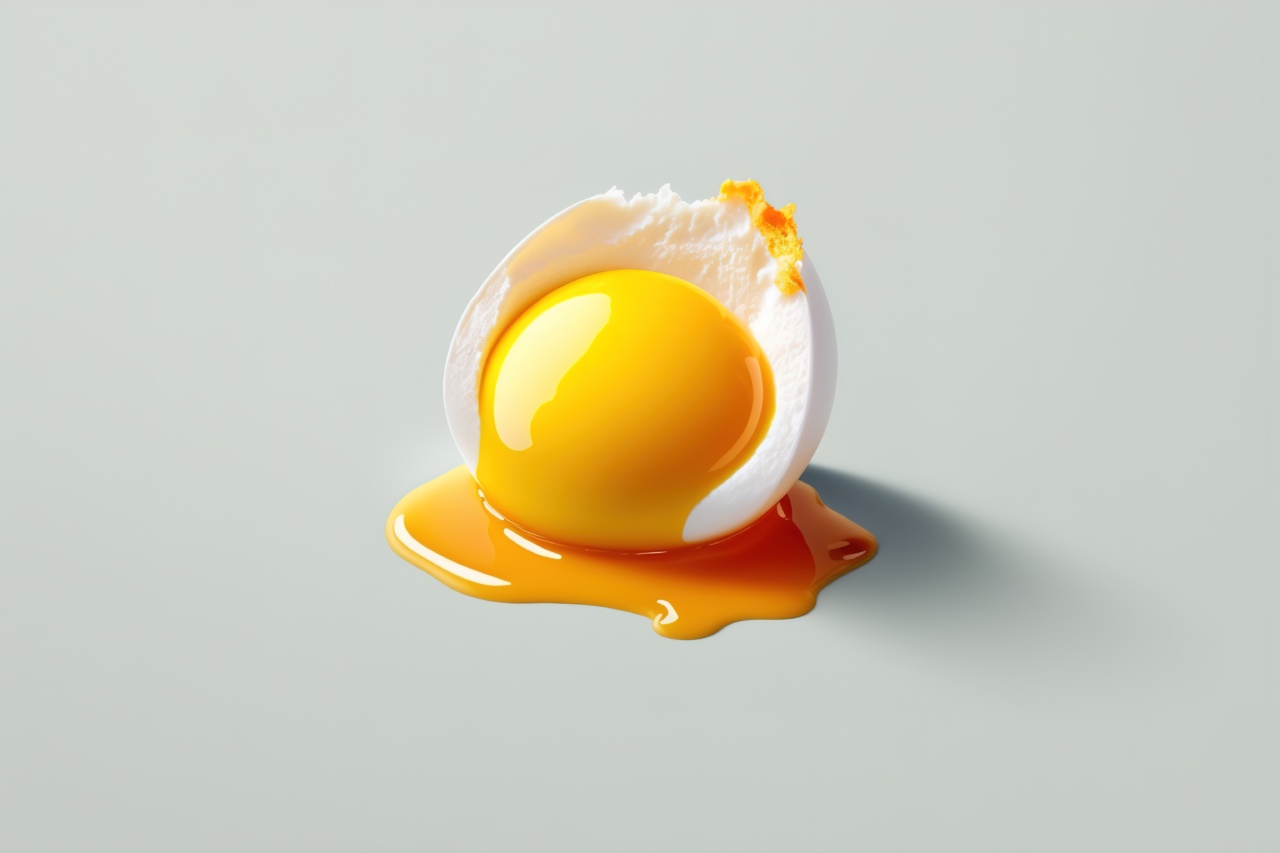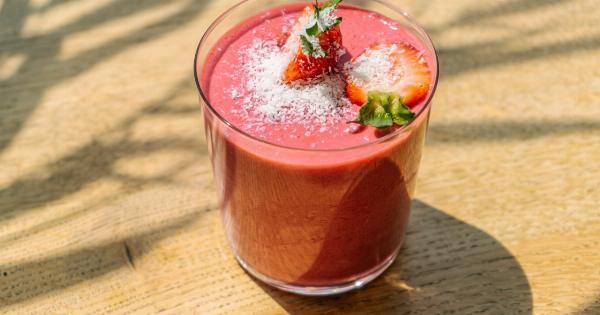Cholesterol is a substance that is naturally produced by the liver and is also found in some foods. It is essential for the proper functioning of our body cells, but too much of it can increase the risk of heart disease.
High levels of cholesterol in the blood can lead to the formation of fatty deposits in the arteries, which can clog them and increase the risk of heart attack and stroke.
One way to manage your cholesterol levels is through diet. Including more protein in your diet can lower your cholesterol levels and improve your overall health. However, not all protein sources are created equal when it comes to managing cholesterol.
Here are the best protein sources you can add to your diet to lower your cholesterol:.
1. Beans and Legumes
Beans and legumes are some of the best sources of plant-based protein. They are also high in fiber, which helps lower cholesterol levels by reducing the absorption of cholesterol in the intestines.
Eating one serving of beans or legumes per day can lower LDL cholesterol levels by up to 5%. Some examples of beans and legumes include:.
- Chickpeas
- Black beans
- Lentils
- Kidney beans
- Navy beans
2. Fish and Seafood
Fish and seafood are excellent sources of protein as well as omega-3 fatty acids. Omega-3s are essential fats that help lower triglycerides, another type of fat that can increase the risk of heart disease.
Eating at least two servings of fish per week can lower LDL cholesterol levels by up to 10%. Here are some examples of fish and seafood:.
- Salmon
- Tuna
- Sardines
- Shrimp
- Lobster
- Crab
- Mussels
3. Nuts and Seeds
Nuts and seeds are not only high in protein but also contain healthy fats, fiber, and plant sterols, which help lower cholesterol levels.
Eating a handful of nuts or seeds per day as a snack or adding them to your meals can lower LDL cholesterol levels by up to 5%. Some examples of nuts and seeds include:.
- Almonds
- Walnuts
- Cashews
- Pistachios
- Pecans
- Chia seeds
- Flax seeds
4. Chicken and Turkey
Chicken and turkey are lean protein sources that are low in saturated fat. Eating poultry instead of red meat can help lower LDL cholesterol levels by up to 5%.
However, it’s important to choose skinless chicken or turkey breast and to avoid frying or breading them. Grilling, baking, or roasting them is a healthier cooking method.
5. Soy Products
Soy products are another excellent plant-based protein source that can lower cholesterol levels. Soy protein has been shown to lower LDL cholesterol levels by up to 3%. Soy products include:.
- Tofu
- Soy milk
- Soy nuts
- Soy protein powder
6. Low-Fat Dairy Products
Low-fat dairy products are an excellent source of protein and calcium. They can also help lower cholesterol levels by reducing the absorption of cholesterol in the intestines.
Eating low-fat dairy products instead of full-fat versions can lower LDL cholesterol levels by up to 5%. Some examples of low-fat dairy products include:.
- Skim milk
- Low-fat yogurt
- Cottage cheese
- Low-fat cheese
7. Lean Beef
Although beef is not typically considered a healthy protein source, lean cuts of beef can be a good option for lowering cholesterol levels.
Choosing lean cuts of beef such as sirloin, tenderloin, or round steak and trimming off excess fat can help reduce saturated fat intake. Eating lean beef instead of higher fat cuts can lower LDL cholesterol levels by up to 5%.
8. Eggs
Eggs are a controversial source of protein when it comes to cholesterol levels. Although they are high in cholesterol, research has shown that eating up to one egg per day does not increase the risk of heart disease in healthy individuals.
In fact, eggs are a good source of protein and other essential nutrients. However, people with high cholesterol or heart disease should limit their egg intake to three or fewer per week.
9. Quinoa
Quinoa is a gluten-free and high-protein grain that is also rich in fiber and other nutrients. Eating quinoa instead of white rice or pasta can lower LDL cholesterol levels by up to 10%.
Quinoa can be used as a base for salads, stir-fries, or as a side dish.
10. Protein Bars and Shakes
Protein bars and shakes can be a convenient and portable way to add more protein to your diet. However, not all protein bars and shakes are created equal.
Choose bars and shakes that are low in sugar and saturated fat and contain at least 10 grams of protein per serving. Reading the ingredient list and nutrition label can help you make a healthier choice.
Adding these protein sources to your diet can help lower your cholesterol levels and improve your overall health.
However, it’s important to remember that a healthy, balanced diet is key to managing cholesterol and reducing the risk of heart disease.
Conclusion
Cholesterol is an important substance that our body needs, but too much of it can increase the risk of heart disease. Including the best protein sources in your diet can help manage your cholesterol levels and improve your overall health.
Beans and legumes, fish and seafood, nuts and seeds, chicken and turkey, soy products, low-fat dairy products, lean beef, eggs, quinoa, and protein bars and shakes are all excellent sources of protein that can lower your cholesterol levels. Make sure to choose healthy, balanced meals and snacks to reduce your risk of heart disease and improve your overall well-being.





























